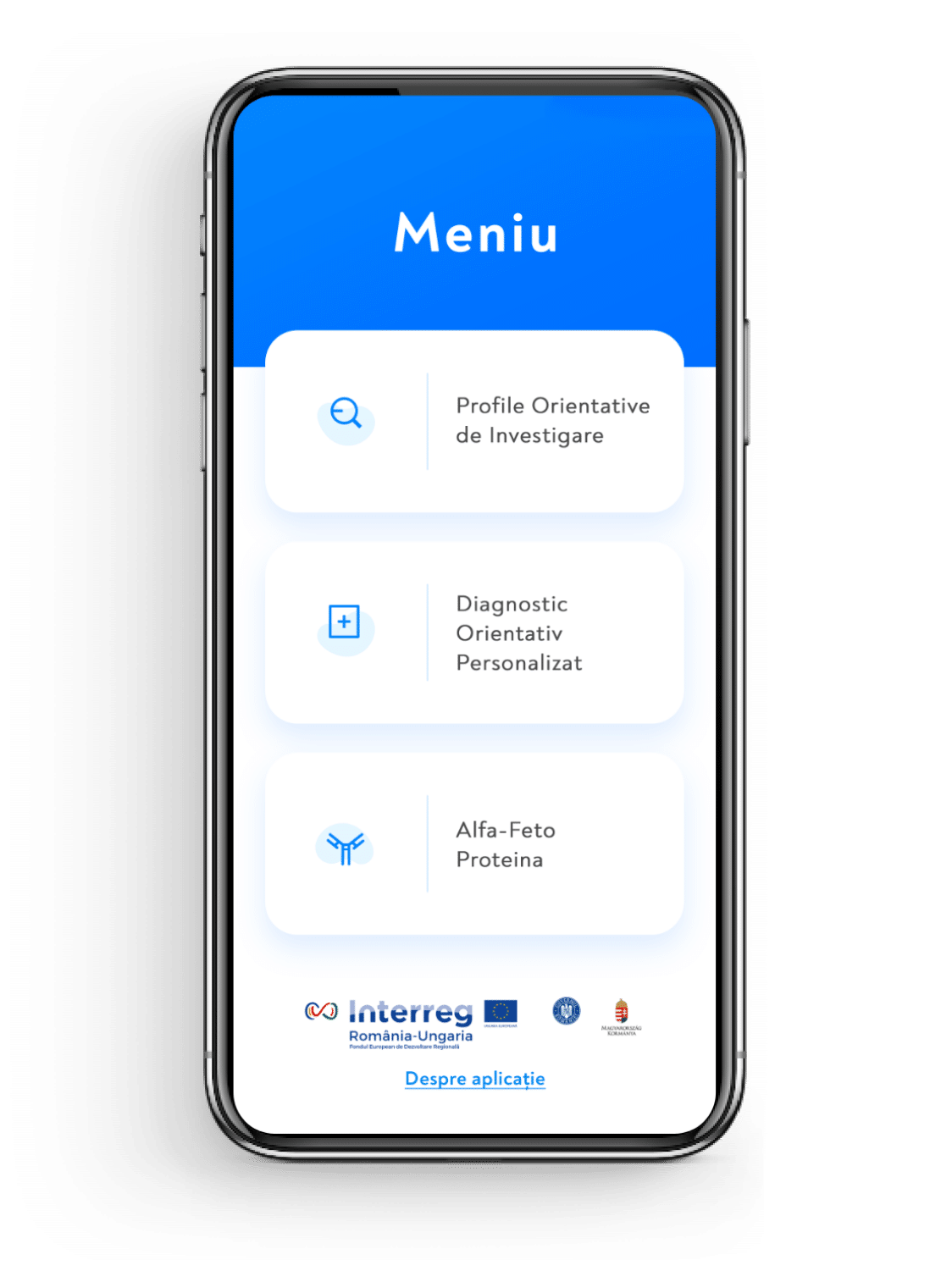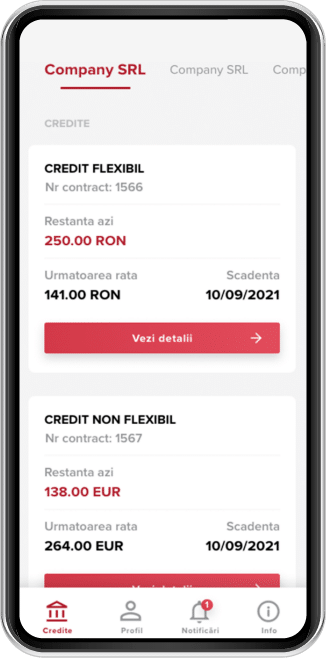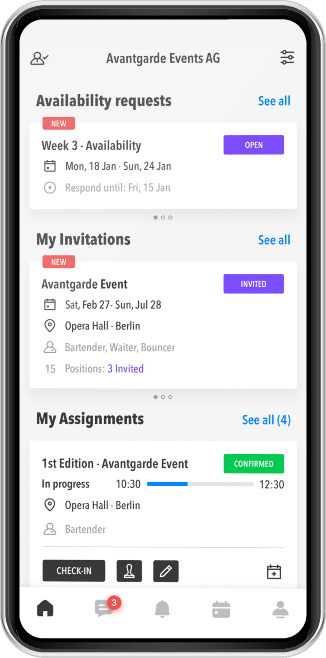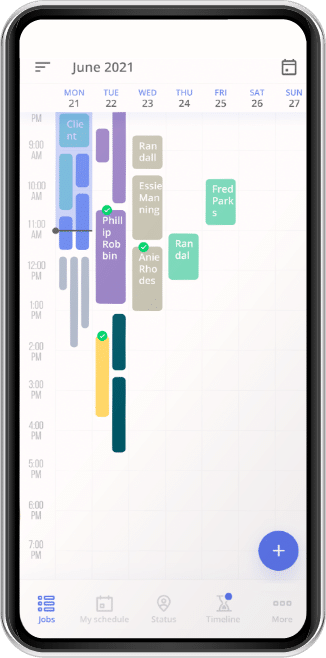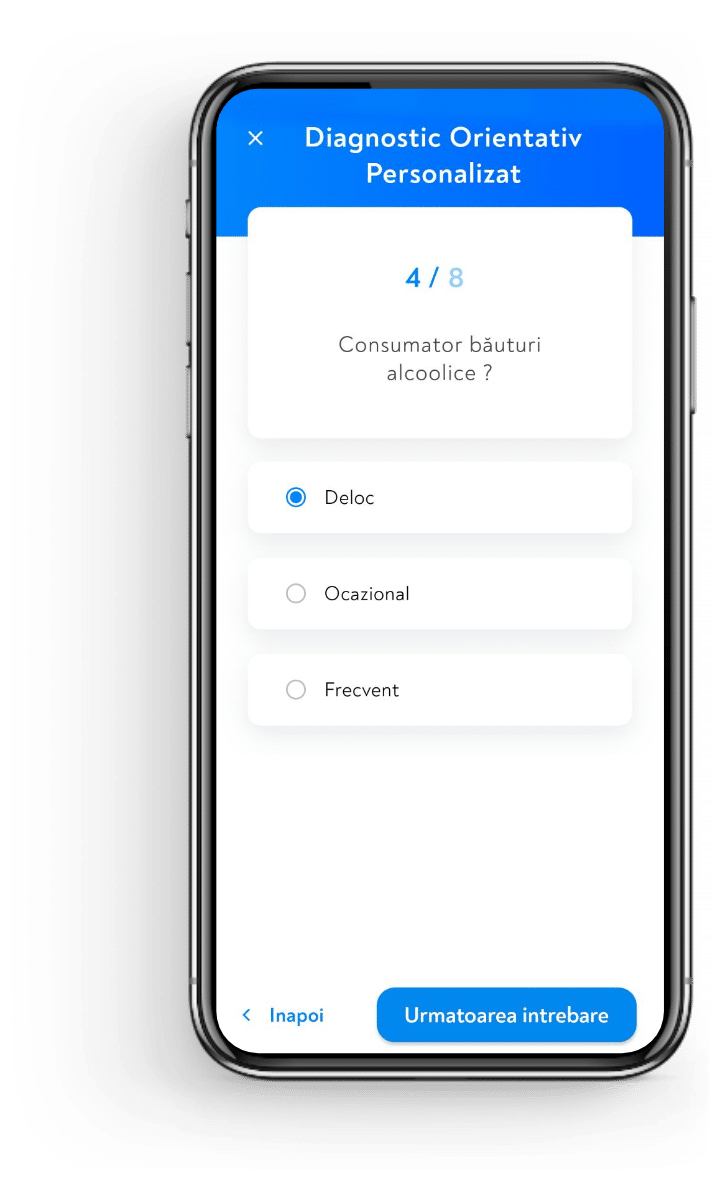
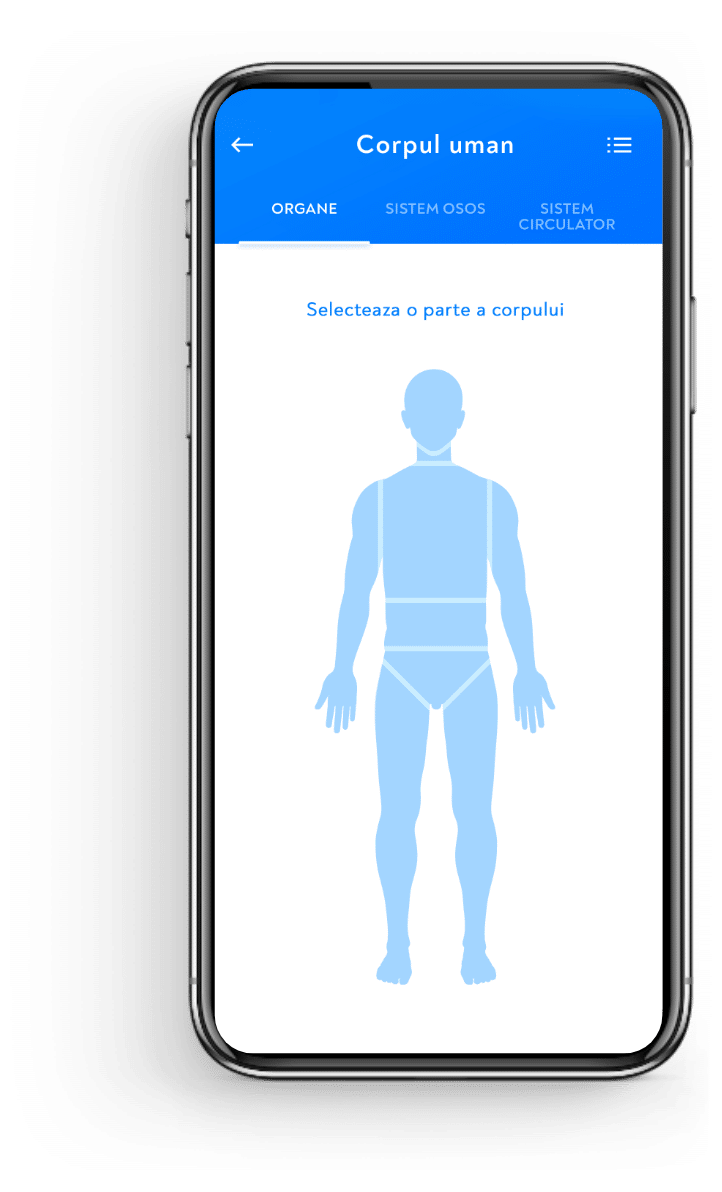
App description
Moreover, the app lets patients inform themselves of various ailments that pertain to a specific organ or body part, with the help of a variety of human body models.
Challenge
The project provided us with a variety of challenges. First, the ongoing trend of mHealth digitization efforts accelerated by the Covid pandemic. Second, the app needed to be a response to the increasing issue of ‘Health anxiety’ (googling your own symptoms, which can turn even the most staunch health advocate into a hypochondriac). The third, was to provide a streamlined UX (user experience) that provided an easy-to-use and self-explanatory user interface for users.
Strategy phase
Based on our research, we knew that the majority of users would not be that tech-savvy, with the average age range in between 20 – 45 years. For this reason we decided that the functionality and the app modules should be clearly emphasised and not let any room for interpretation.
Design phase
Human body models have been used for a while in software, especially in websites. Interacting with a mouse is pretty straightforward. In our case, since the handheld market is quite new, the behavior of interacting with a model on a mobile device prompted us to re-think the already established interaction model.
That’s why we came up with the following behavior: when a user taps on a pre-defined body-part, an action sheet pops-up with various organs (assigned by the admin inside of an admin area). From the same admin area, the administrator (which is typically a professionally trained medical personnel), can add information on the different ailments and set up the questionnaire that will provide the indicative diagnosis particular to each user.
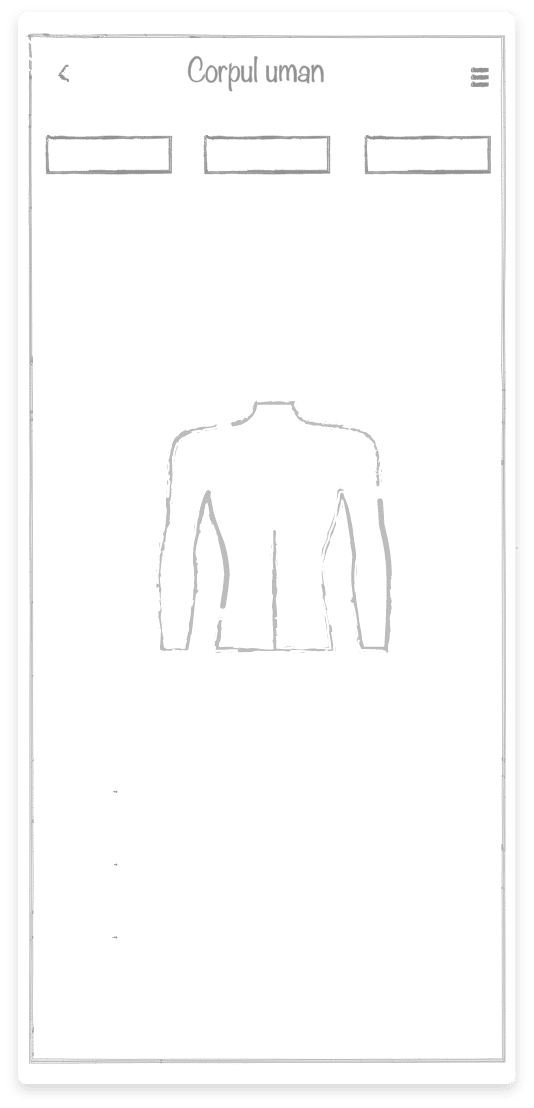
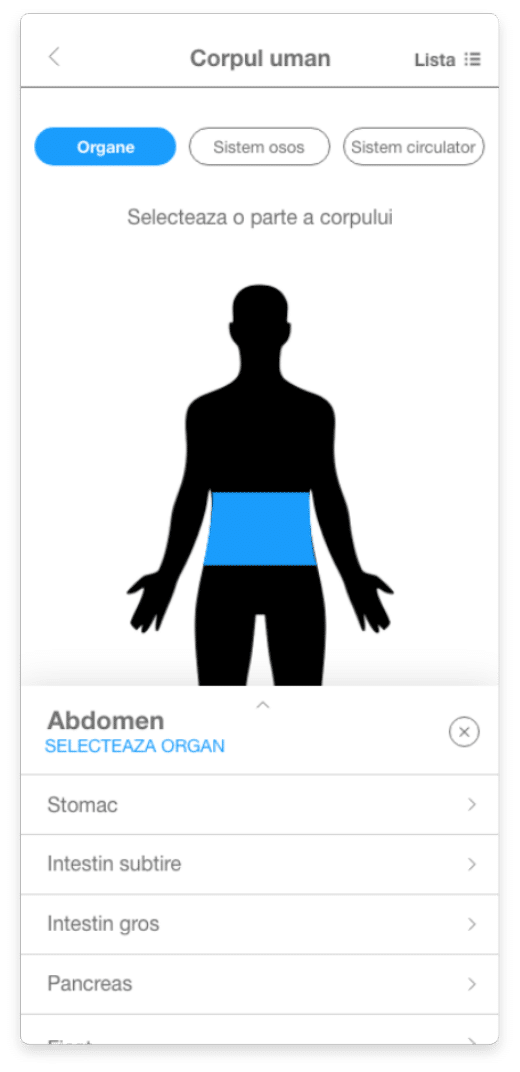
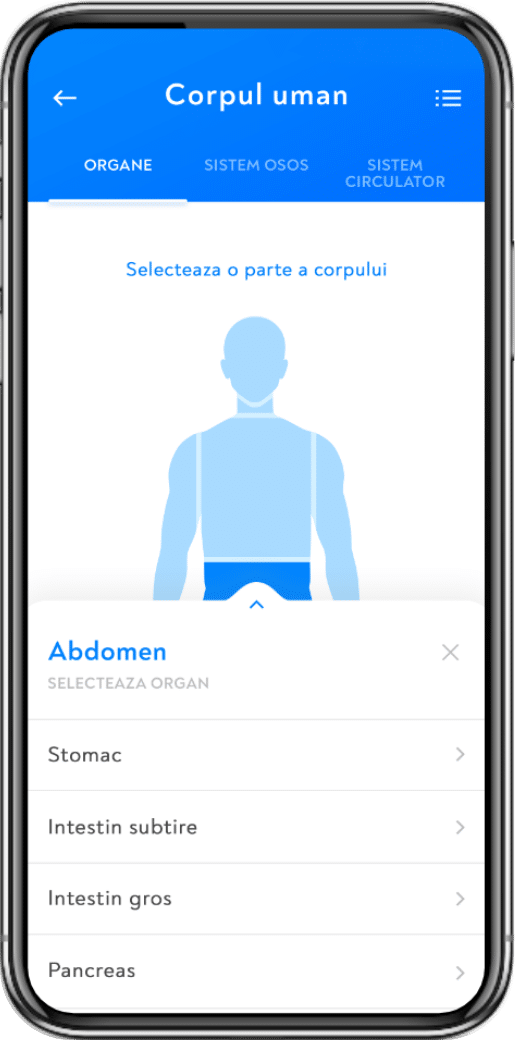
Key features
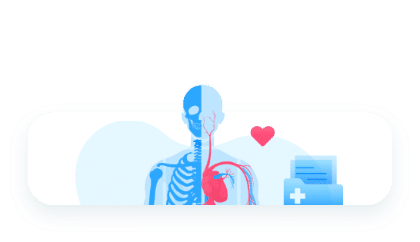
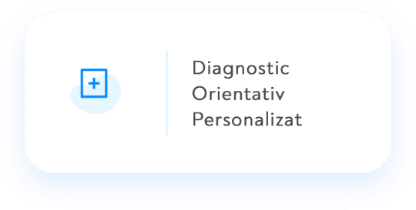
Indicative investigation profiles
Users are able to select a body part, then a specific ailment, and get detailed information on that particular illness.
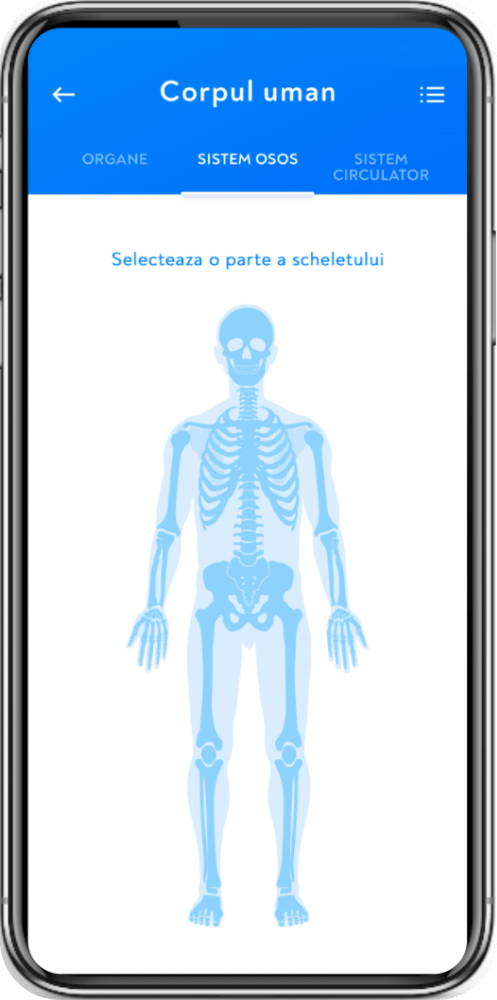
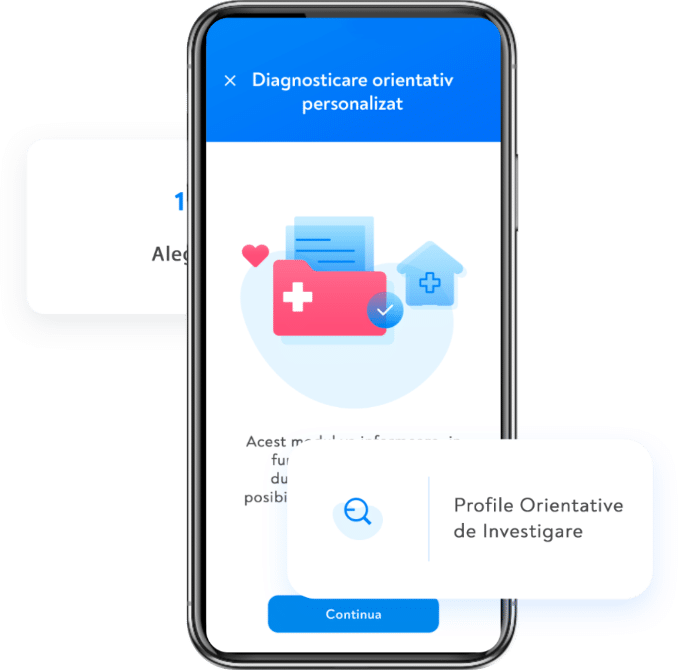
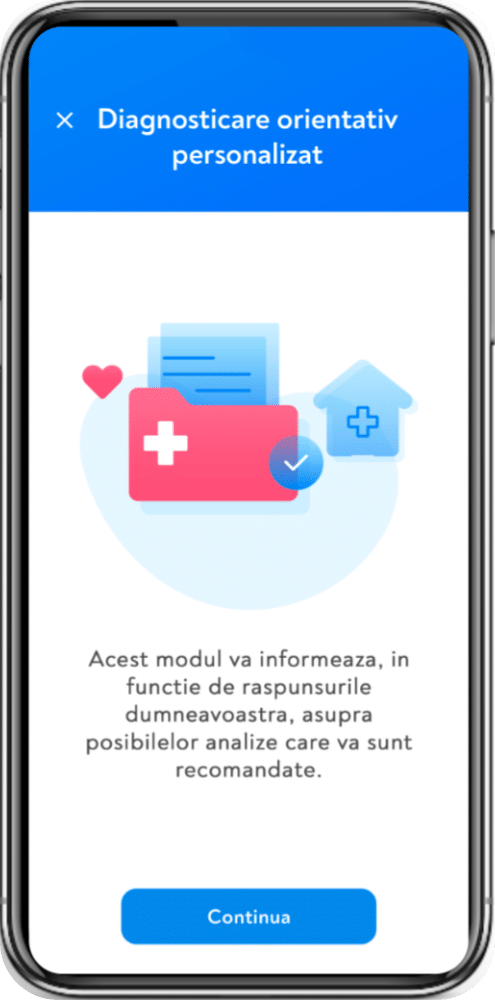
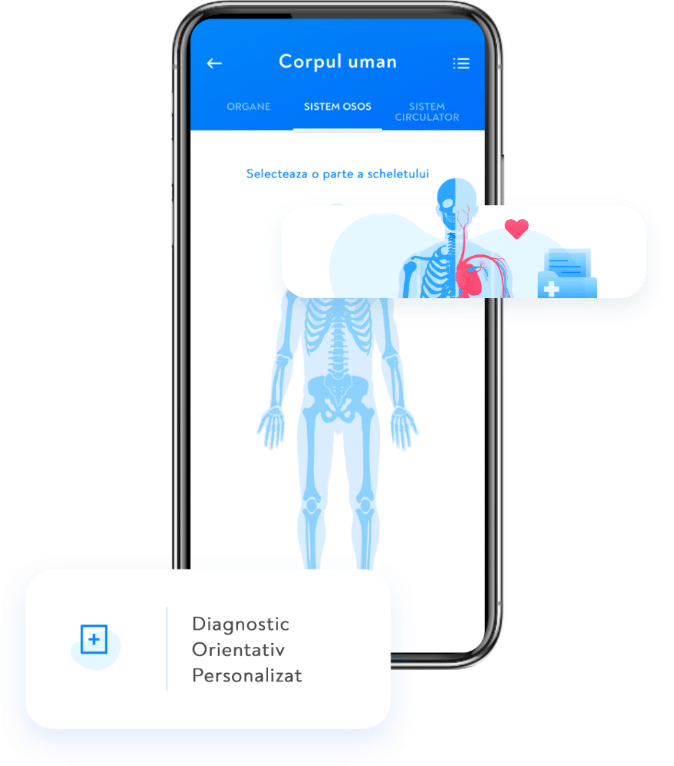

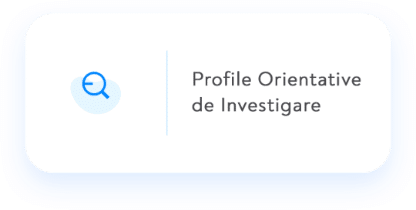
Personalized indicative diagnosis
Users are able to go through a questionnaire and answer a few questions set up by a medical professional, thus receiving personalized medical tips and they can even send the results to their e- mail address.


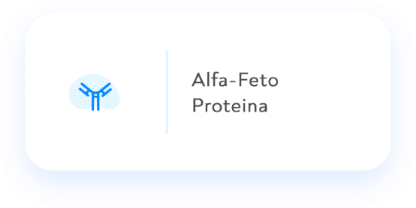
Alpha Fetoprotein
Users can check important information on the alpha fetoprotein test, which is a protein made in the liver (adults should have very low levels of AFP).
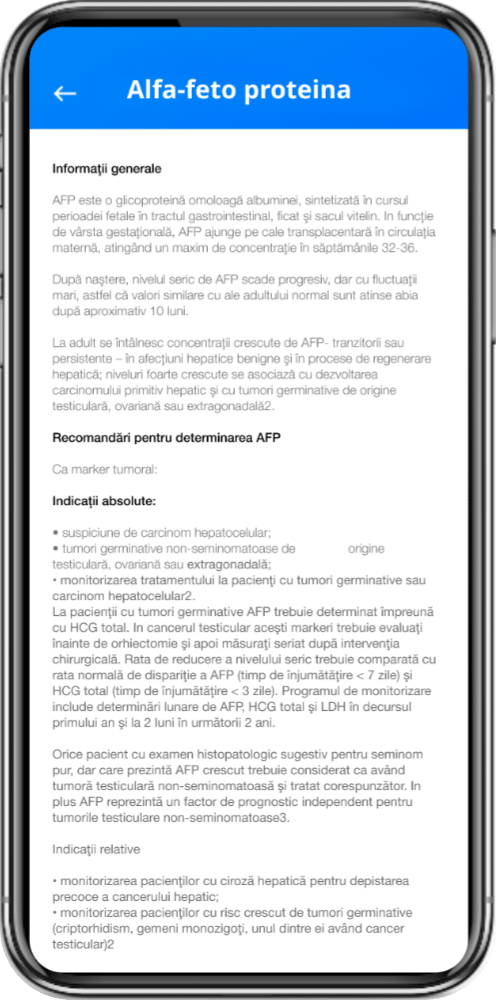
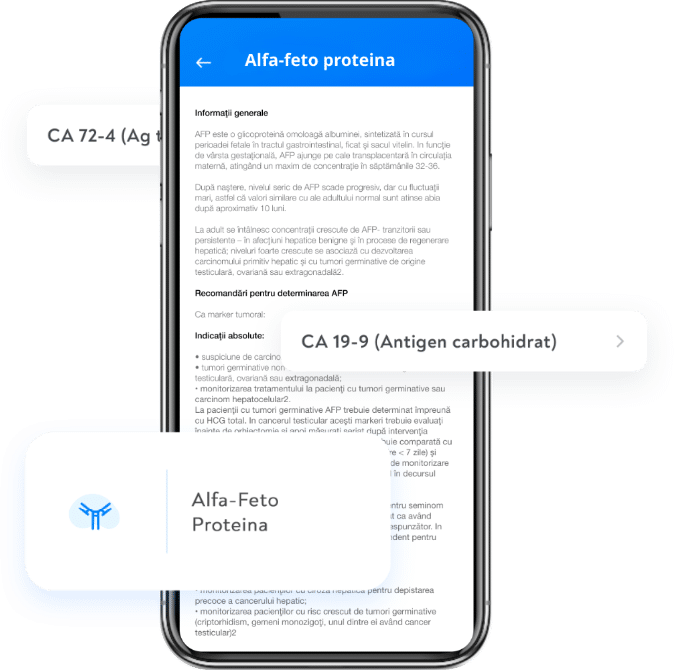
Technology
Swift (iOS)
Kotlin (Android)
NodeJS (Backend)
Postgres (DB)
Delivery Time
Strategy phase:
2 weeks
Design phase:
2 weeks
Development phase:
4 weeks
Screens
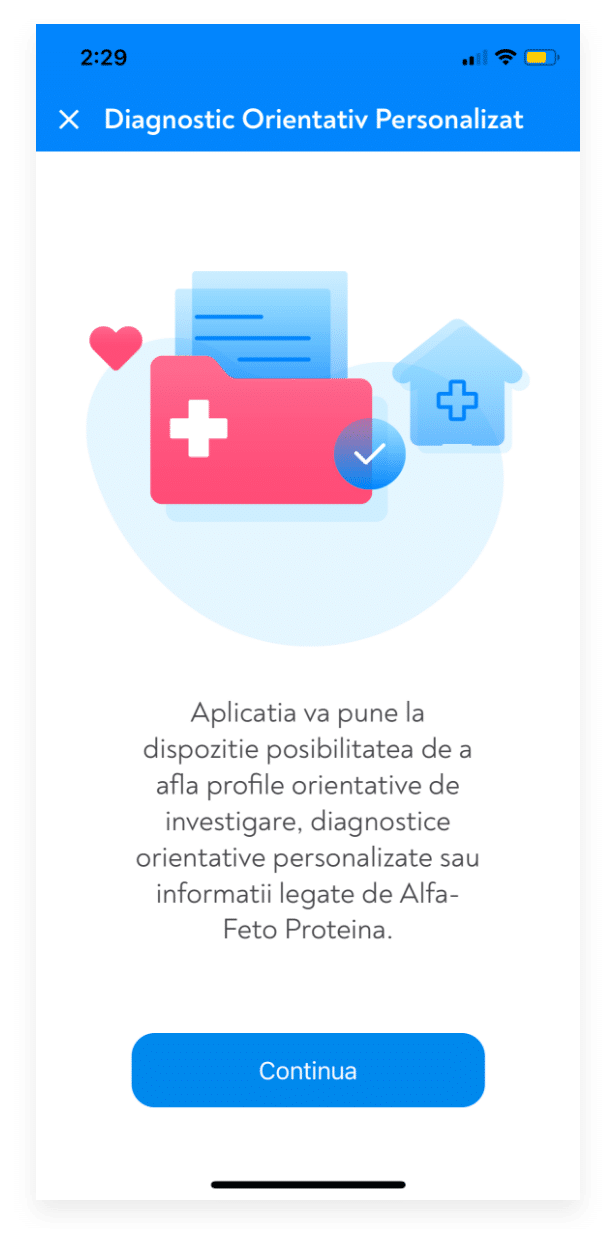
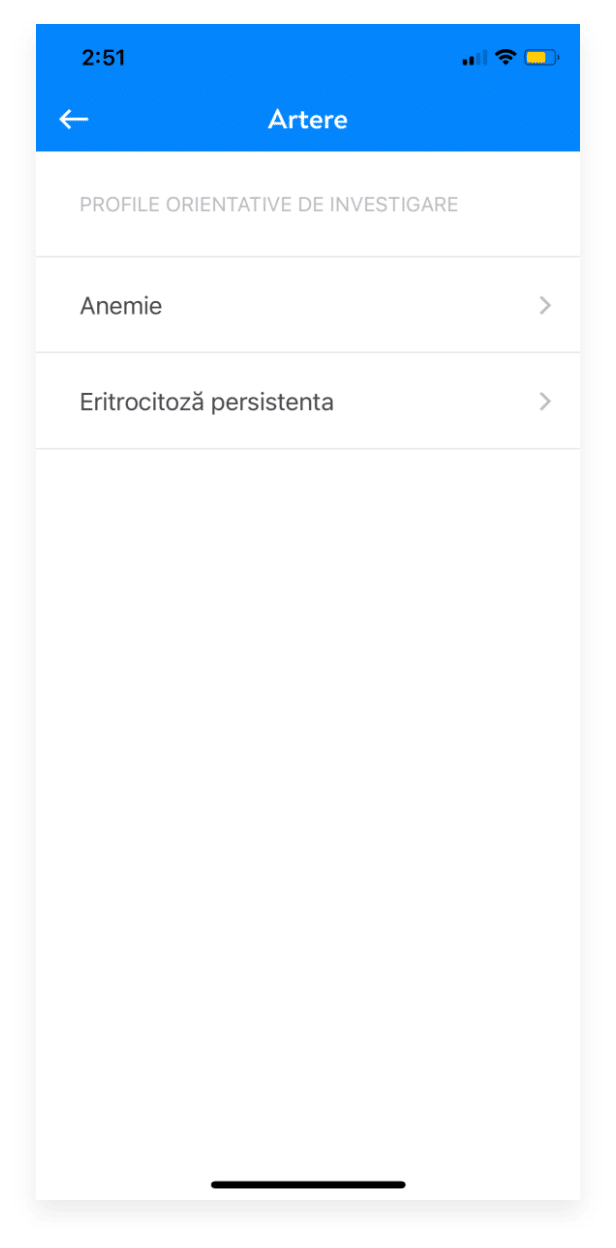
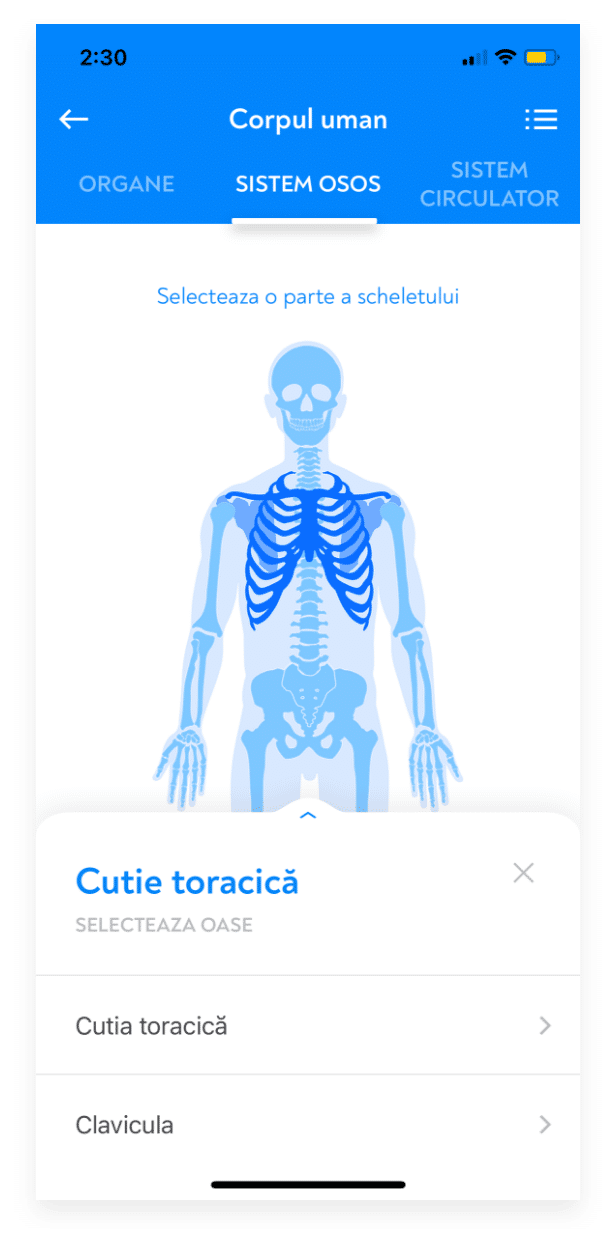
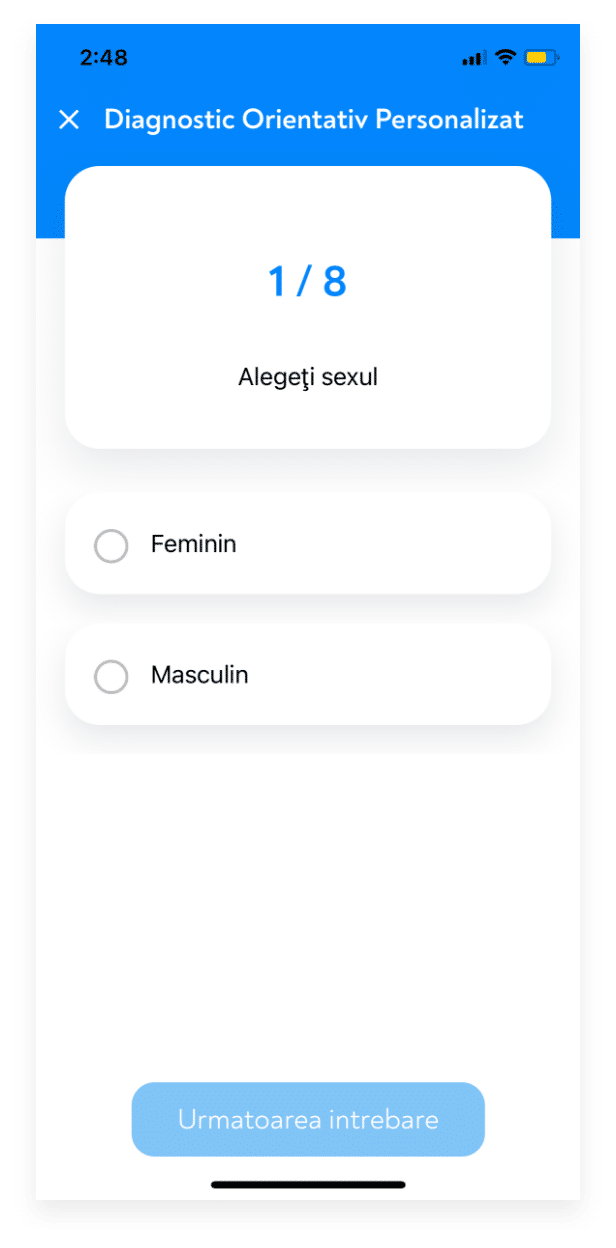
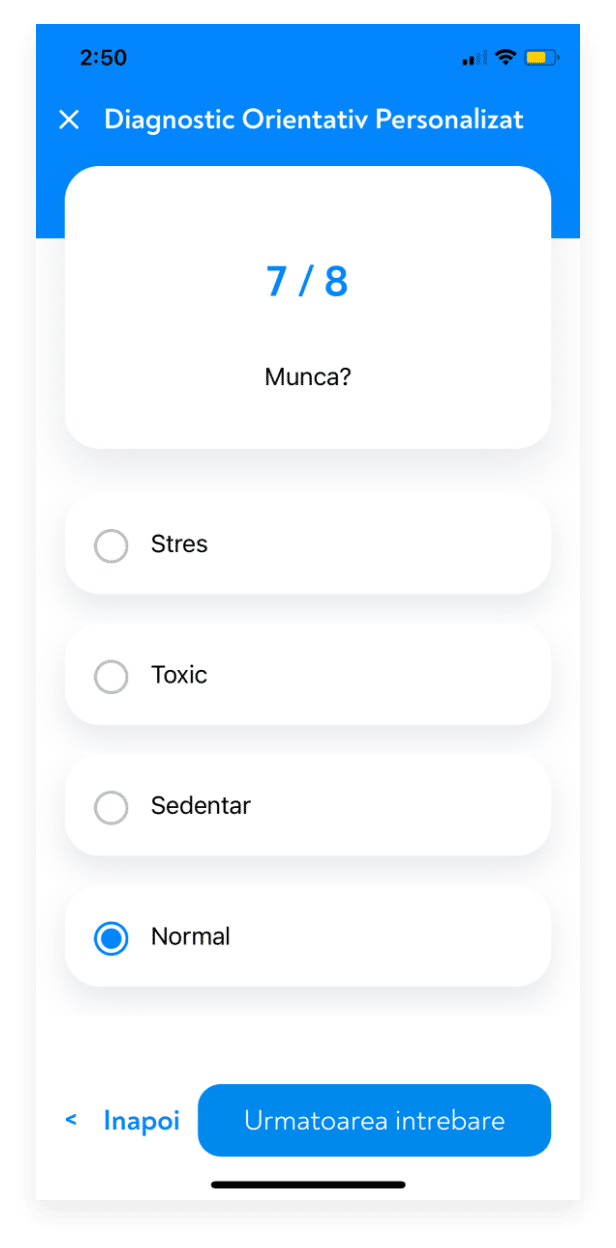
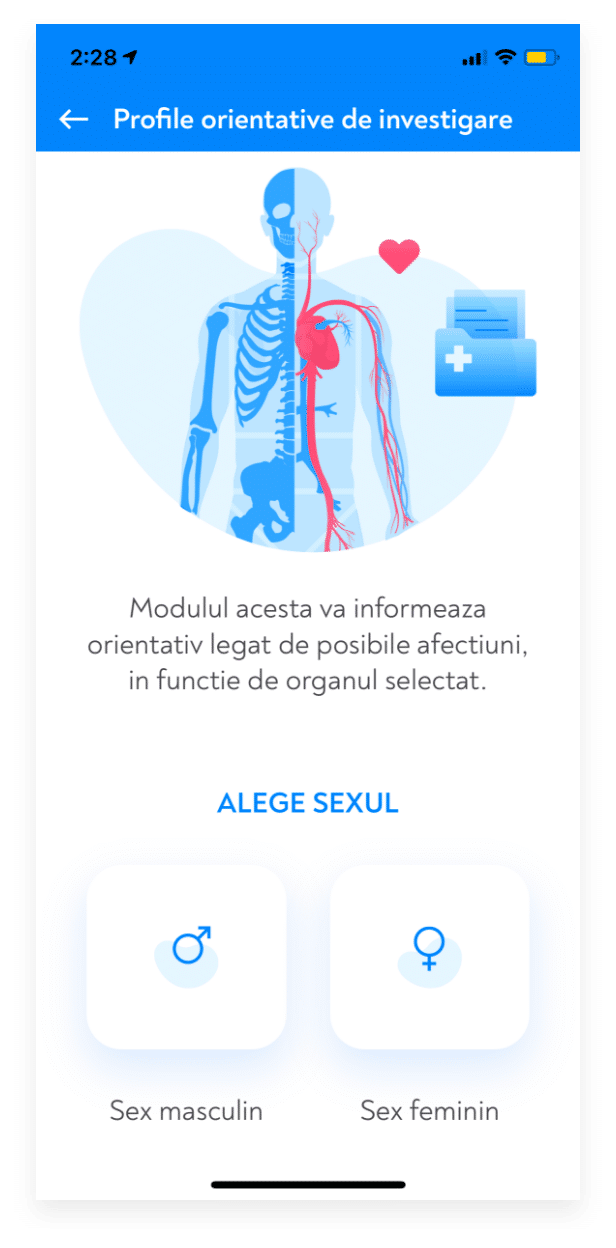
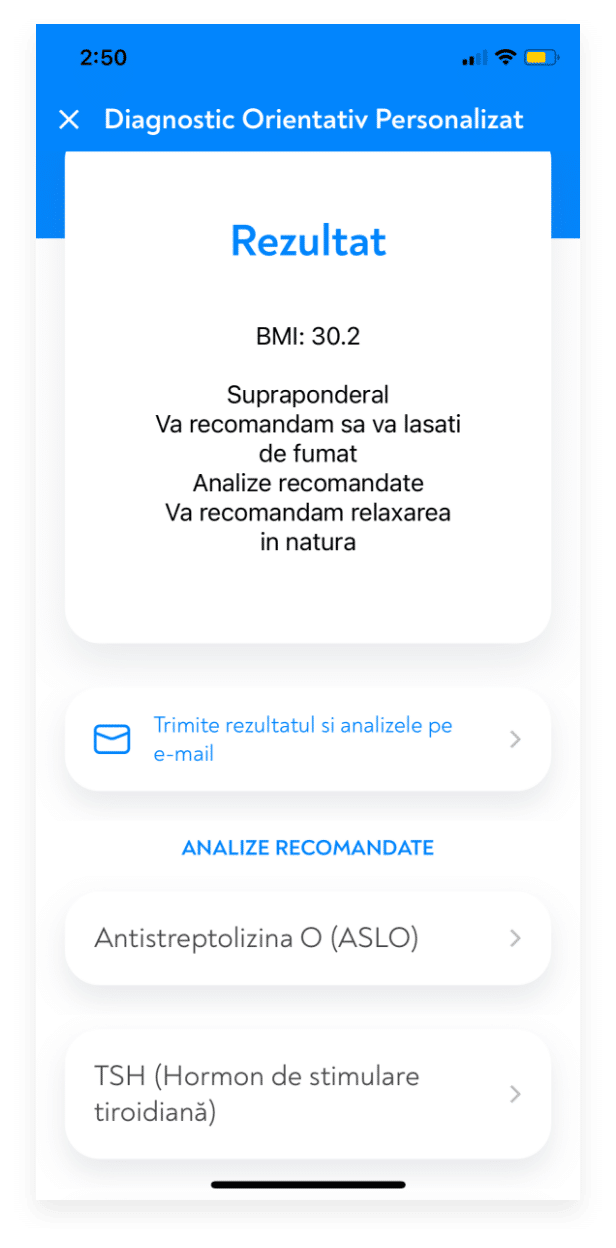

Client feedback
,,The collaboration with Mobiversal was great, we had all the support we needed from the team in creating this app, in order to make it useful to the patients. Mobiversal provided us the disponibility to create the app as per our needs and wishes.’’
